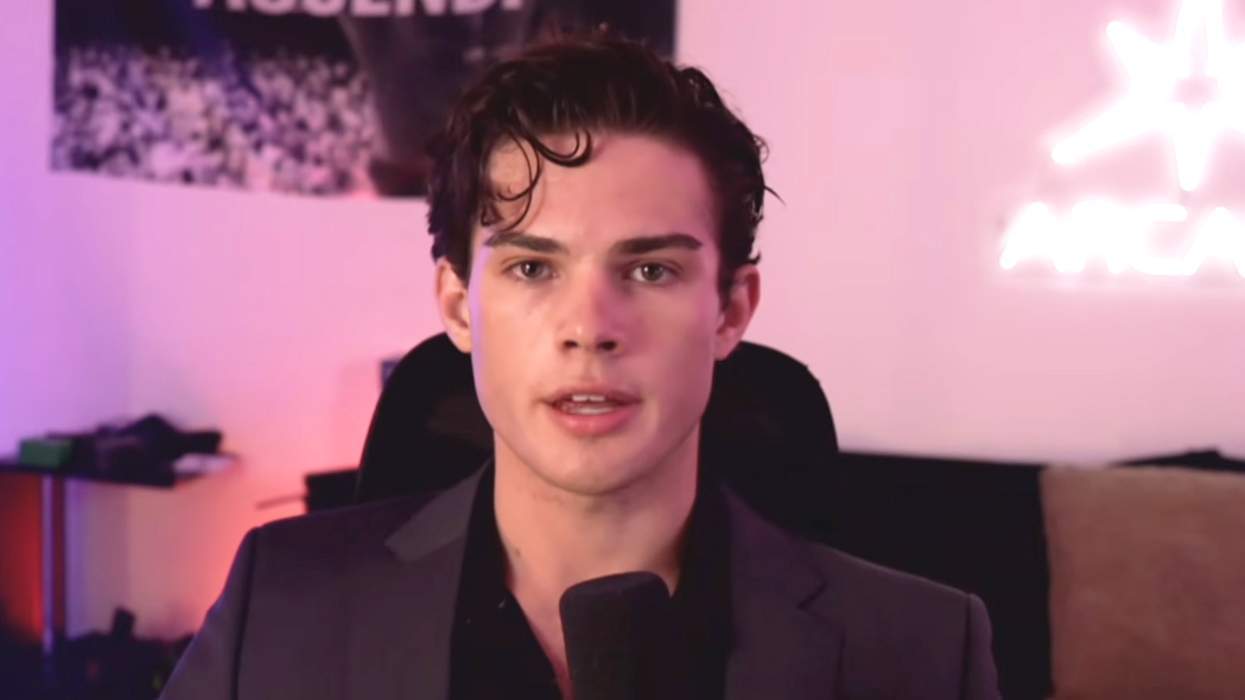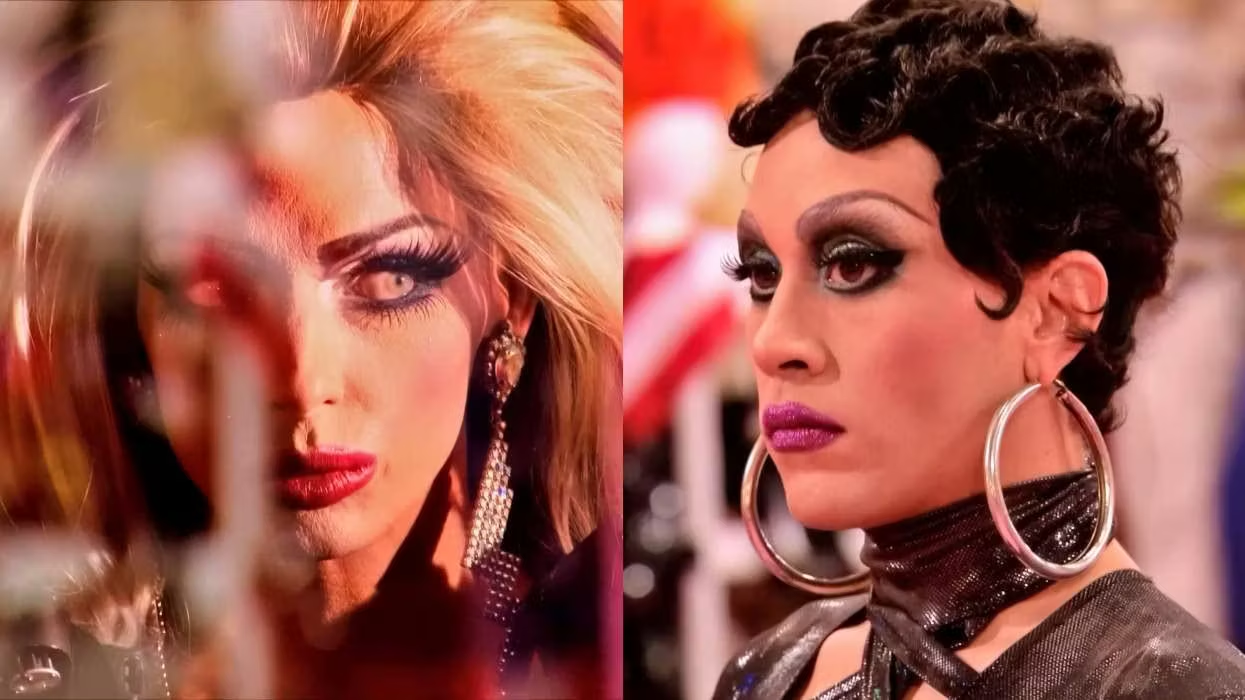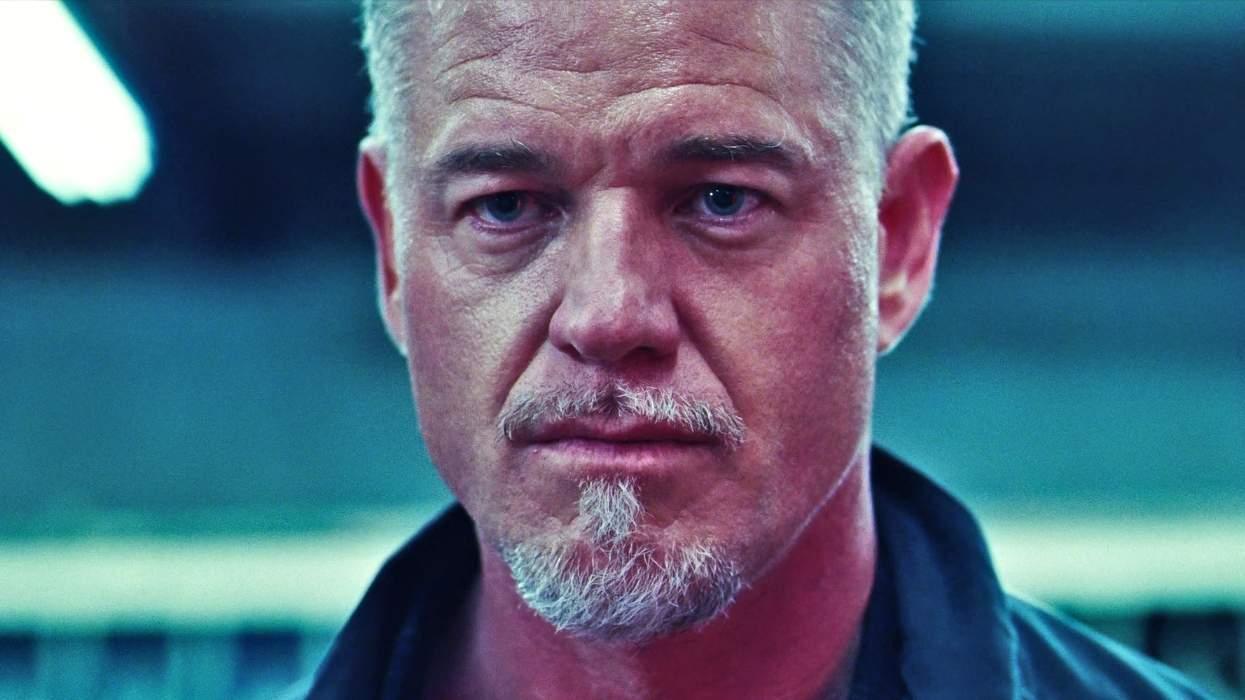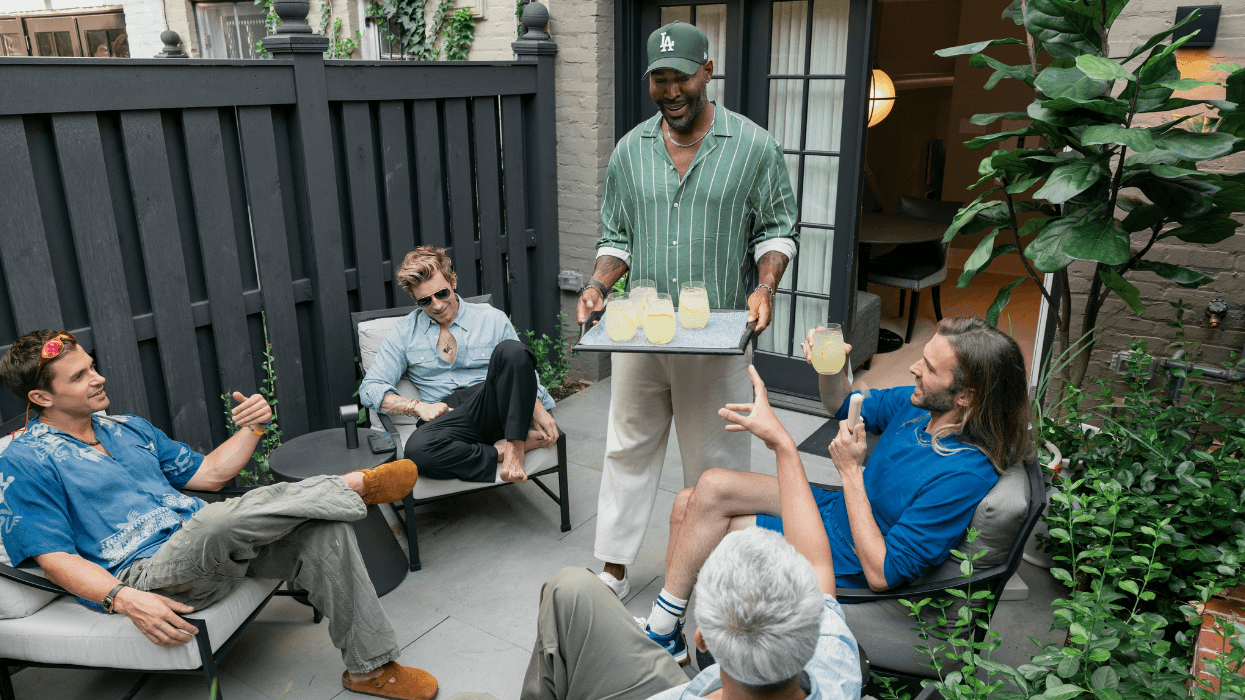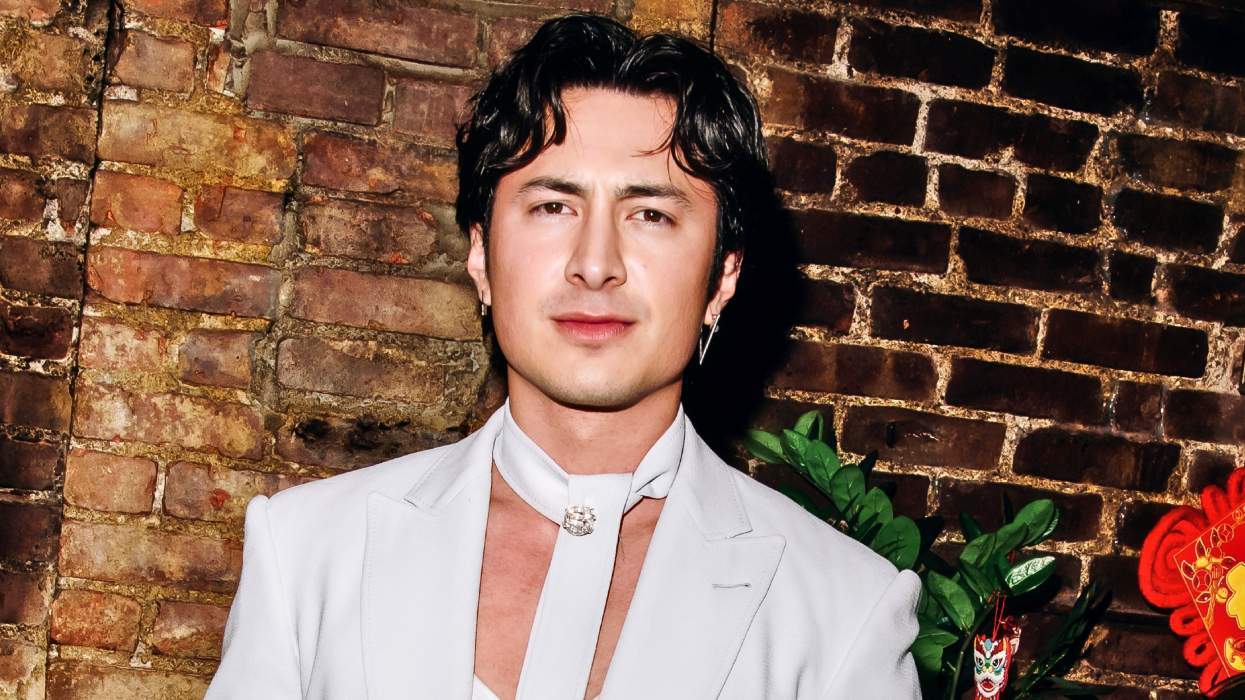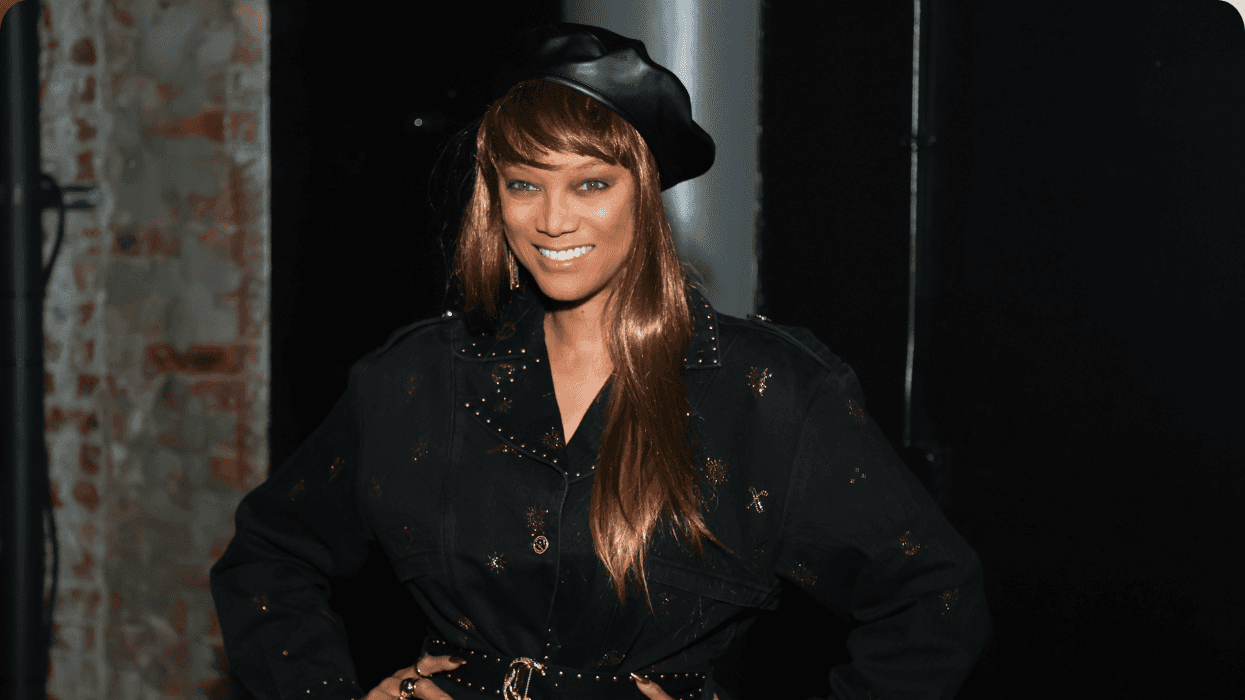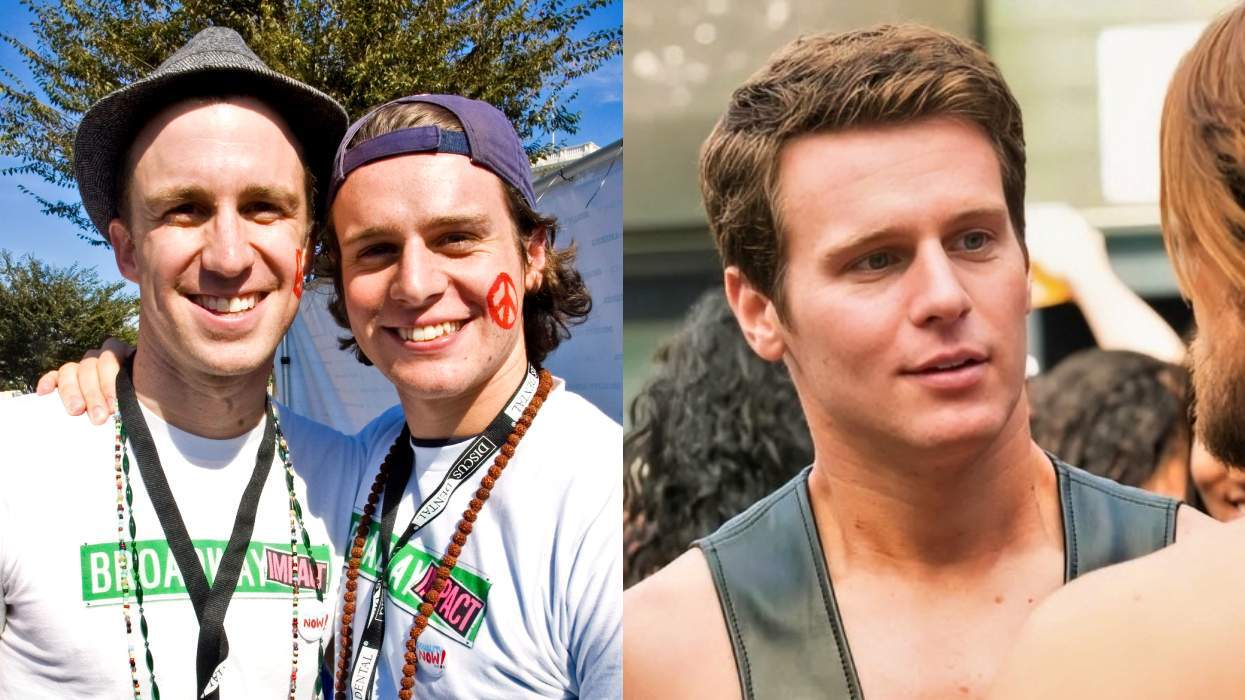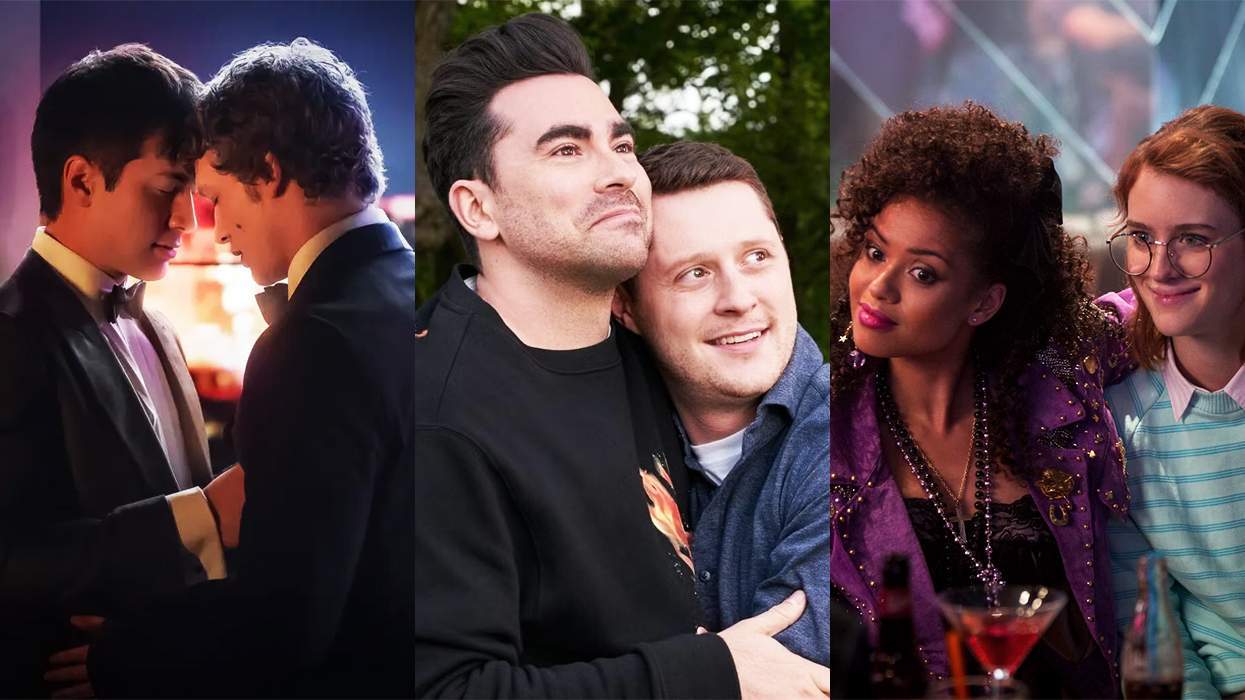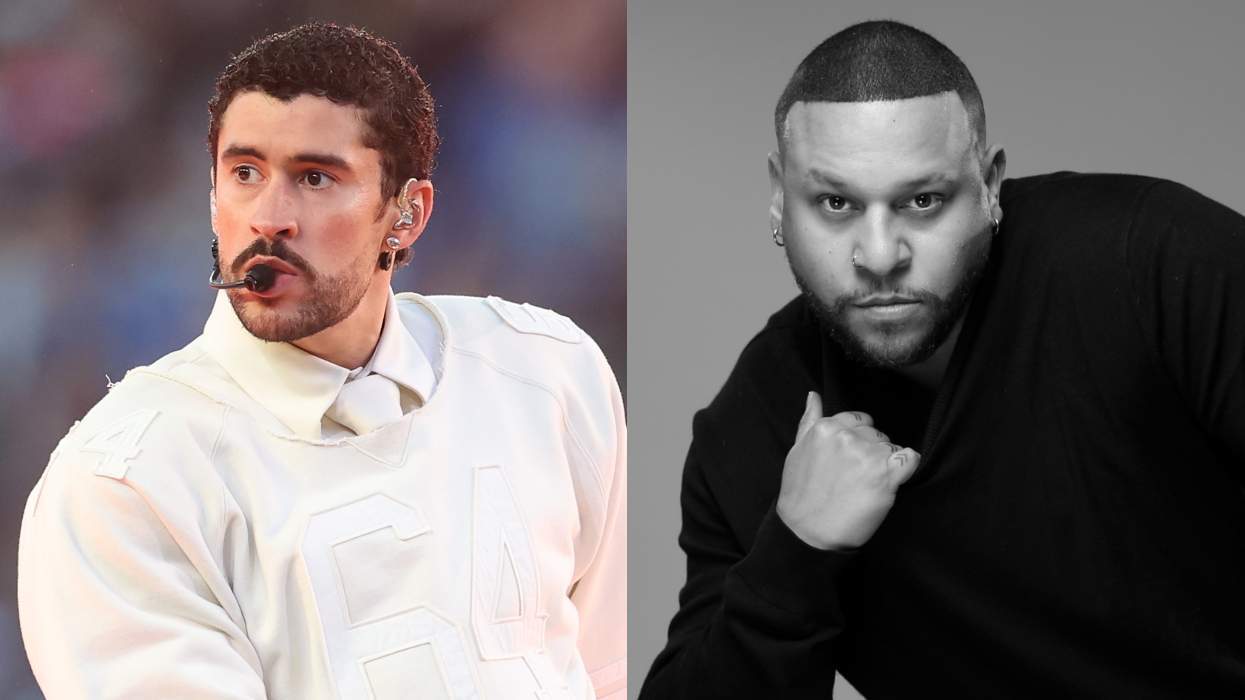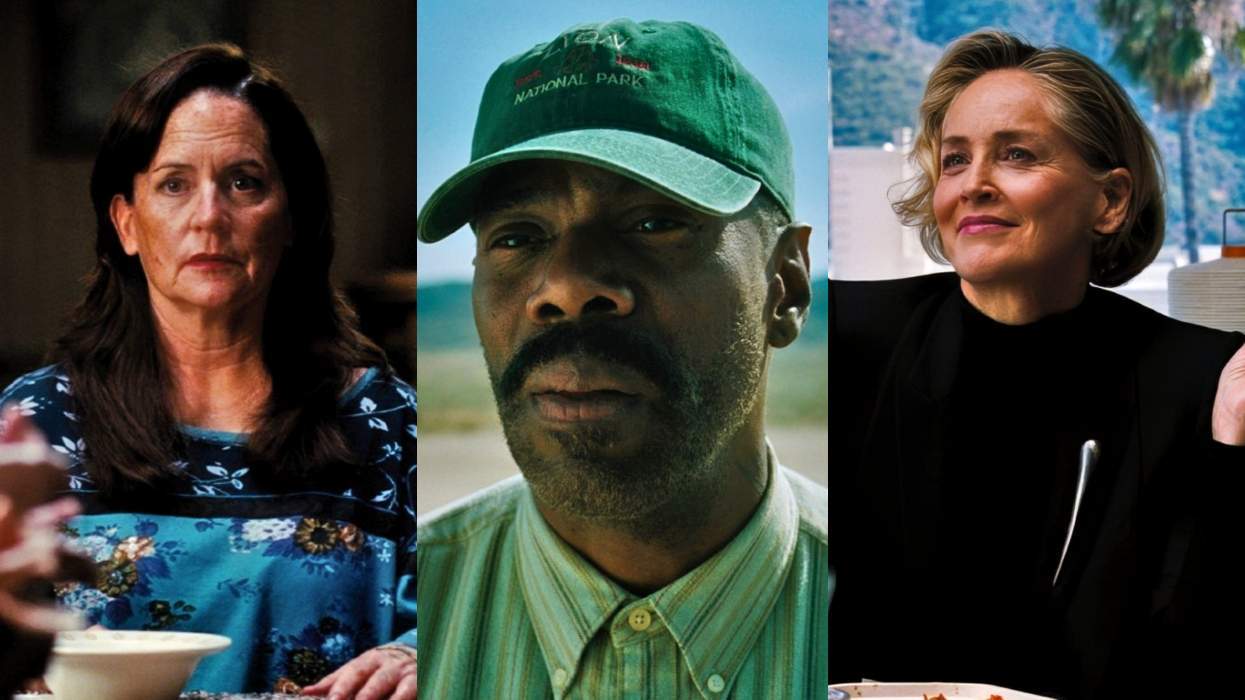The Golden Girls, which aired from 1985 to 1992 and won two Emmy Awards for Outstanding Comedy Series, wasn't writer Susan Harris's first hit. Prior to giving 'birth' to Dorothy (Bea Arthur), Blanche (Rue McClanahan), Rose (Betty White), and Sophia (Estelle Getty), she wrote for Love, American Style; All in the Family; and Maude, which also starred Arthur and McClanahan. She also created Soap in 1977, one of the first prime time shows to feature a leading gay character, played by Billy Crystal. After the success of The Golden Girls, the Mount Vernon, N.Y., native went on to create its spin-offs Empty Nest and the ill-fated The Golden Palace with her production company, Witt/Thomas/Harris. Harris largely retired from television in 1991.
Today the mother of five and grandmother of four resides in Los Angeles with her husband of 27 years, producer Paul Junger Witt. Having won countless awards, including the Paddy Chayefsky Television Laurel Award, the Writer's Guild's highest award for television writing, Harris is still surprised about how revered The Golden Girls remains today. Just weeks away from her 70th birthday, she chatted with Out about the show's 25th anniversary.
Out: Can you believe it's been 25 years since The Golden Girls premiered?
Susan Harris: No, I can't. In fact, I didn't know it until you told us.
Is it true that your husband, Paul, came home and said, 'There's this idea, but you're not going to want to do it,' and your response was 'That's right, I don't want to do anything, but what is it?'
No, what had happened was he had gone to the network with another writer and another idea, and the network didn't want to do whatever it was he went with and said, 'We have an idea. We thought maybe a series about older women who live in Miami.' The writer that Paul was with said, 'Oh, I'm not really interested.' Paul said, 'I think I know somebody who might be.'
But you had told your husband that you had quit television, right?
I had told him prior to that I had retired. I didn't want to do television anymore. Then he came home and said 'Older women in Miami,' and I said, 'Of course. Yes.'
What were those initial moments of being involved with the show like?
What I thought was older women, the network and I were not on the same page at the time. I thought older women -- 60, 70, 80. Older to the network seemed to mean 40-50. We casted the way we did, and we never discussed age.
What was your process for developing the characters?
The process is always the same, and it's something that's very hard to describe. We sat around and we talked. I really can't tell you how these ideas come up. I'm not intentionally trying to make it mysterious. You just do it. You draw in all walks of life from people you've met. I know one of the characters, Dorothy, I gave her Bea Arthur's voice [when I was writing]. This was before we had any casting in mind. Not that I thought we were ever going to get Bea Arthur, but it was just her voice and her tone that I had in mind. It's much easier for me to write when I can think of somebody. I always try to have an actor in mind, even though it's never going to be that actor. We were lucky enough to get Bea.
Are any of the characters modeled after someone in your life?
I would say there's a bit of my grandmother in Sophia.
All of the ladies have talked about how fantastic that first script was. They said they just knew it was going to be a hit show. Did you know it was going to be a hit?
I think it was Bruce Paltrow (television and film director and producer and father of Gwyneth Paltrow), who was with us and saw it at the upfronts, which was called "selling season" back then. He said, 'You've done the perfect pilot.' That was the only pilot they screened then for the buyers. They would choose only one pilot and show it in its entirety. The reaction in that room -- you just knew. You knew that you had a hit.
How long did it take you to write the pilot script?
I think it was the customary length of time, which is a few months. Of course you're talking about 25 years ago, and the fact that I remember anything is a miracle! We'll take it from there because last week is hard enough to come up with.
The show dealt with some heavy issues through the years. Was that a conscious decision?
We liked to tackle -- not outrageous issues -- but important issues. Things that I knew that people went through that hadn't been addressed on television. We did the same thing on Soap.
Speaking of Soap, you said that was your favorite show. Why?
I'll tell you why and what I meant. I didn't mean that it was my favorite. I meant that the form that it took -- the fact that you didn't have to tell a full story every week in 23 minutes and didn't have to have a beginning, middle, and end -- as a writer was such an enormous luxury. You could just have a story that never ended and could include scenes of just good talk. It was a luxury for me as a writer and for the actors. In 23 minutes, everything has to serve the plot. You can't spend time developing characters. Soap gave me that. I hate to lick a story more than anything in the world. I can't do it. I have a terrible story mind. As a writer, this was so much easier. That's why I said it was my favorite.
Let's talk about one of those episodes of The Golden Girls that dealt with a serious issue. It was the season premiere of the fifth season, which you wrote. The episode was called 'Sick and Tired,' and it focused on Dorothy getting chronic fatigue syndrome. That is something you suffered from. Does it still affect you today?
Yeah, it does. It's something that some people get over and others don't. I'm better now than I was -- much better than I was. For example, I used to be a runner, but I had to stop. Now I'm a walker. It's that kind of difference.
So many young people love this show. They can quote all of the lines.
Why do you think that is?
That's what I want to ask you!
I think number 1 it's funny. Secondly, I think this explains the wide appeal. I think everybody -- including younger people -- when they reach an age when they feel alienated, the thought of being alone and spending your life alone is terrifying. These women were at an age where they were alone and were likely to stay alone until they found each other. Then they constructed a family that really, really worked. They encouraged each other and had a life together. It showed that you didn't need the customary, traditional relationship to be happy. It paints a picture of all the possibilities for family. I also think young people like Sophia because she says whatever pops into her head!
Do you ever think The Golden Girls ever jumped the shark?
Ugh ' [long pause] Now, I didn't stay with the show. I was in and out for three years. After my experience with Soap it was too exhausting, and I just couldn't put myself through that again. Then I had a baby to raise. There was a period when I saw a few shows, and I told Paul I thought it had lost its touch with reality. It got silly. I don't know if the audience felt that way, but for me, it jumped my personal shark, which was keeping it real. Keeping the women real. Not joke machines.
What comes to mind when you hear the words The Golden Palace?
I think that lasted what, one year?
Yes.
Listen, it didn't work. Bea was really missed. Looking back, we were trying to keep it alive because The Golden Girls was a wonderful show, but without Bea and in another form, we should've left it alone.
The Museum of Broadcast Communications said that you 'changed the face of television comedy.' What are your thoughts on that statement?
I don't think I did. I didn't know they had said that. I think they are misinformed. I think Norman Lear did. Absolutely. Norman changed comedy from being about silly people -- women who burned the pot roast -- into something that was real. You could really relate to the characters. There were important things to talk about and important things going on in their lives. It made it possible for me to do what I did after that.
And you worked on the Norman Lear show Maude, which starred Bea Arthur. You wrote the historic episode titled 'Maude's Dilemma,' in which Maude had an abortion. Were you worried about the aftermath of that episode when you were writing it?
No, I'm never worried about those things. I wrote what I wanted to write. At first the episode was going to be about Maude's friend, Vivian, played by Rue [McClanahan]. When I wrote it, Norman said, 'This is much too good to give to Vivian. This has to be for Maude.' I do remember that there were no sponsors for that show at all. Absolutely no advertisers.
TV has come so far. What do you think of the shows today?
You know, I never watch them. I watch news. If I watch any series, it's on cable.
Do you still write?
I'm starting to write again.
What do you think The Golden Girls' legacy will be?
Well, it's been keeping people happy for 25 years and hopefully it will keep them happy for another 25. To me it's amazing that it has been 25 years.
And how about this resurgence of Betty White?
Isn't that wonderful? It's well deserved. There's nobody nicer. She's an amazing talent, but there is nobody nicer than Betty White. She was an absolute joy to work with.
After everything you've done, what are you the most proud of?
My kids. I know it has nothing to do with what you're doing, but that's it.
What's your favorite Golden Girls episode? Leave a comment and let us know.



